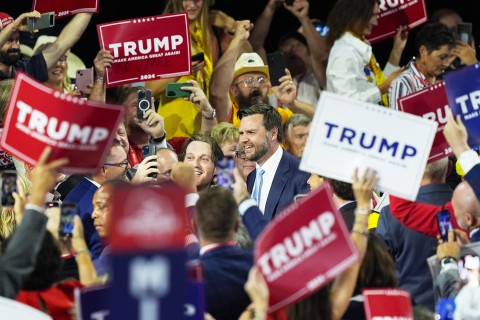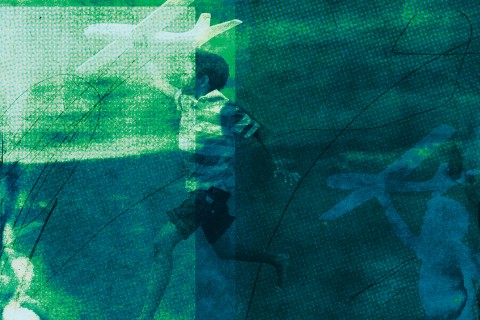Public policy and love of neighbor in a time of transition
We live in an era of transition between more stable ages. We face material choices now that will shape and serve our communities for long generations to come.
Society is emerging in fits and starts from centuries of essentialism that defined people by race, gender, religion, and class into narrow identities with determined roles. Through recent generations, women are emerging from coverture and patriarchy; people of color are emerging from presumptions of servitude. People in established positions of dominance either adapt and share or resist and retrench. These changes only accelerate as the revolutionary logic of self-governance, human dignity, and equality works its way deeper into our cultures.
In the dawning information age of an intersectional world, we face both opportunities and threats. Recognizing our moment as a season of systemic and cultural change is critical to understanding reactionary violence and virulent fear—so that we can navigate to brighter days.
In Soul, Self, and Society, Vanderbilt law professor Edward L. Rubin recognizes our period of transition: from centuries shaped by acquiescence to so-called higher purposes toward an age shaped by individual and social self-fulfillment. He proposes that society will continue to move away from a great chain of being in which people toil in prescribed categories for the collective good of a higher purpose, such as a religion or the state. Instead, developing policies and systems will promote the growth of dignified, empowered individuals.
We can witness this in early shifts to abolition and universal suffrage, then in the civil rights movement and feminism, and recently in the movement for marriage equality. Cultures and politics are bending inexorably toward inclusive, supportive structures built to promote individual flourishing at intersections of multimodal identities. We see this now in global movements toward liberalizing democracy. We see it profoundly in movements for the rights of women in traditional societies.
Such transitions always generate defensive reactions from powers that benefit from a status quo of stable, hierarchical categories. These reactions occur over a spectrum of intensity, from nostalgic political appeals to fundamentalist violence. Calls to “make America great again” rarely identify an actual time when America was greater than it is, but they inevitably hark back to times of greater white supremacy, patriarchy, and dominant cultural orthodoxy—to a mythical Mayberry that never existed.
Today, we face innumerable choices that define how we will emerge from this era of upheaval. The long arc of the moral universe may bend toward justice, but it does not bend by itself or quickly. Through incremental questions affecting human dignity and empowerment, we choose paths of liberating justice or of oppression by entrenched, privileged power.
Looking to Christian teaching, we do not find preferred political or economic systems, but we do find the standard by which to judge them. Jesus says that the whole law hangs on love of God and love of neighbor; he proclaims the Golden Rule.
The commands are reflexive and subjective. To treat a neighbor as we would treat ourselves requires the humble imagination to accept their dignity and perspectives from their position in the world. Love is not a call to standardize others in our preferred images. Love calls us to receive a person in their complexity, and then to love them as we would be loved if we shared it.
If our laws, politics, economics, and culture do not square with love, then we must keep reforming them until they do. Theologian Paul Ramsey writes this:
A Christian man subjects everything to this imperial test: let every man now consult his neighbor’s need. This may call for respecting the tried and tested ways of doing things. When however we observe how these have failed in so many ways to keep pace with the world in which we and our neighbors live, who can doubt that Christian love today requires of us willingness to take some new departure? Even the humblest Christian man must rapidly be willing to have the structures and customs of his world otherwise than they now are.
In our age of profound social and political decisions, if we would be educated, enfranchised, secure, and healthy, then we must seek these conditions for everyone. If we would choose prosperity, liberty, and peace for ourselves, then we must work toward systems and communities that promote them for all of our neighbors.
Our weekly feature Then and Now harnesses the expertise of American religious historians who care about the cities of God and the cities of humans. It's published in partnership with the Kripke Center of Creighton University and edited by Edward Carson, Beth Shalom Hessel, and John D. Wilsey.





